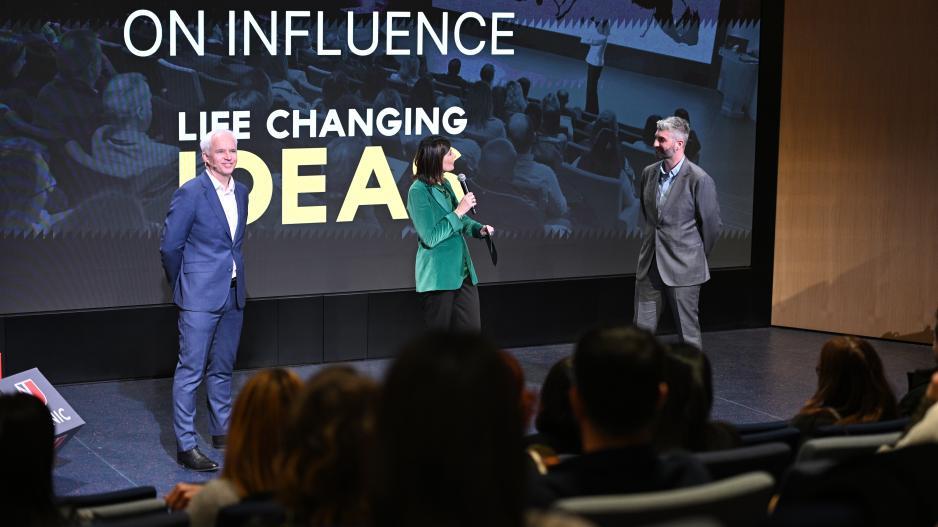The Experience Summit on Influence: Decoding the Science of Persuasion
In an era where influence drives decision-making across industries, the Experience Summit on Influence, hosted by Life Changing Ideas at The University of Nicosia, gathered thought leaders and experts to explore the psychology of persuasion and its practical applications. The event featured keynotes from renowned figures, including Steve Martin, Faculty Director at Columbia Business School and CEO of Influence at Work, and Dr. Keith O’Brien, Director at Influence at Work, who dissected the fundamental principles shaping human behavior.
The summit emphasized the Influence Equation, a formula blending evidence, economics, and emotion to create context-driven persuasion. This model underscores how facts, financial incentives, and feelings collectively shape decision-making processes. While providing information is crucial, the event highlighted that how evidence is framed and who delivers it play a more significant role in influencing outcomes than the evidence itself.

A central theme at the summit was the messenger effect—the idea that credibility, relatability, and trustworthiness significantly impact persuasion. Research presented by S.J. Martin (2018) demonstrated that the source of a message can be as influential as the message itself. The Rule of Three was another key takeaway, showing that presenting three supporting claims often leads to higher trust and acceptance than an overload of information.
Economics plays a crucial role in shaping behavior, and the event showcased multiple case studies on how frequency, timing, and ownership influence compliance. One notable study highlighted the impact of financial incentives on bus drivers, where weekly bonuses increased adherence to safety regulations more than monthly rewards. This finding reinforced the principle that immediate and frequent reinforcement is more effective than delayed compensation.

The summit also delved into the emotional triggers behind influence. Presenters referenced The Circumplex Model, which maps human emotions based on valence and arousal, explaining how emotions like joy, awe, and fear can drive decision-making. Studies showed that emotional appeals are often more effective than purely rational arguments, with storytelling emerging as a powerful tool to engage audiences and inspire action.
The summit reiterated seven universal principles of influence, as outlined by leading researchers in behavioral science:
-
Reciprocity – People feel obligated to return favors.
-
Liking – We say yes to those we like or share commonalities with.
-
Unity – A shared identity enhances persuasion.
-
Authority – We trust credible experts over general sources.
-
Social Proof – People follow the lead of others in similar situations.
-
Consistency – Prior commitments drive future actions.
-
Scarcity – Limited availability increases perceived value.
An interesting discussion centered on how cultural differences shape persuasion. While Western cultures, like the US and UK, prioritize reciprocity and past interactions, Mediterranean countries, such as Spain and Greece, emphasize personal connections. Meanwhile, Asian societies focus on hierarchical relationships, and Scandinavian cultures rely on official rules and systems.
The summit concluded with discussions on the long-term sustainability of influence strategies. Presenters emphasized the importance of ownership, stewardship, and unity in ensuring lasting behavioral change. The Sustainable Rice Farming Project in Vietnam was highlighted as an example of how behavioral interventions, rooted in local ownership and community involvement, can drive lasting impact.
As influence continues to shape industries ranging from marketing and politics to business and social change, the Experience Summit on Influence provided invaluable insights into the evolving science of persuasion. By understanding the nuances of evidence, economics, and emotion, professionals can craft more effective strategies to drive engagement and impact at scale.






